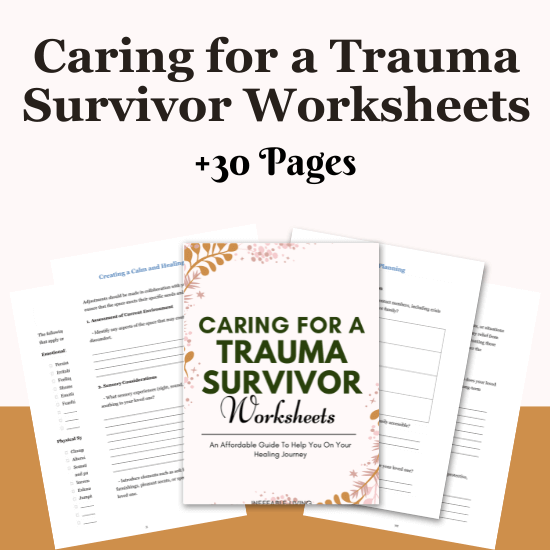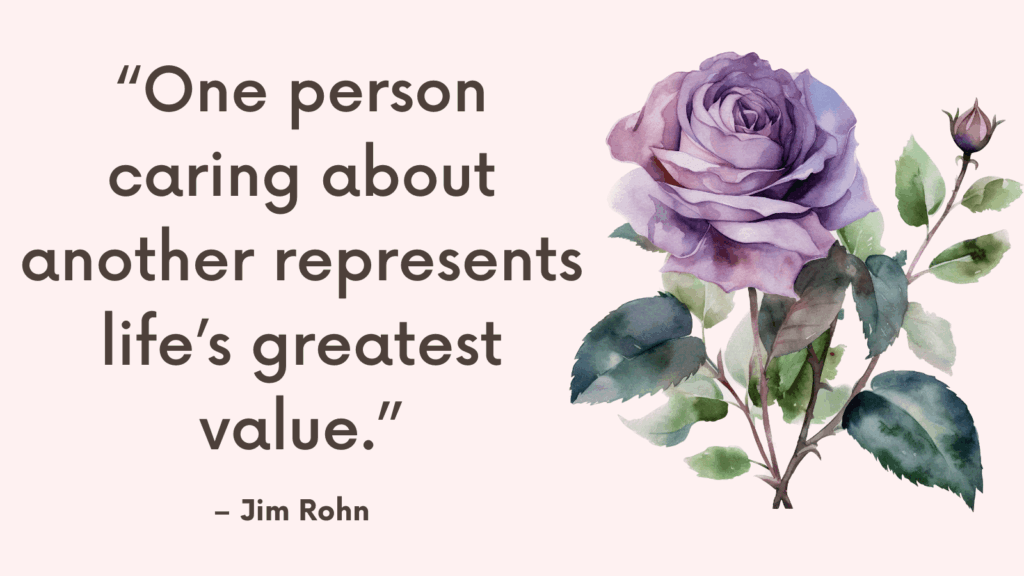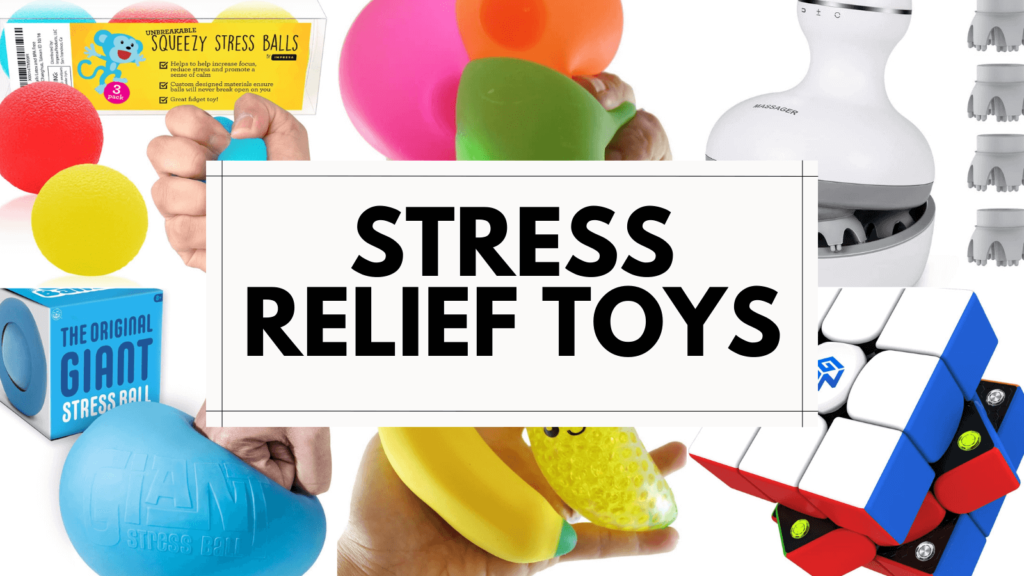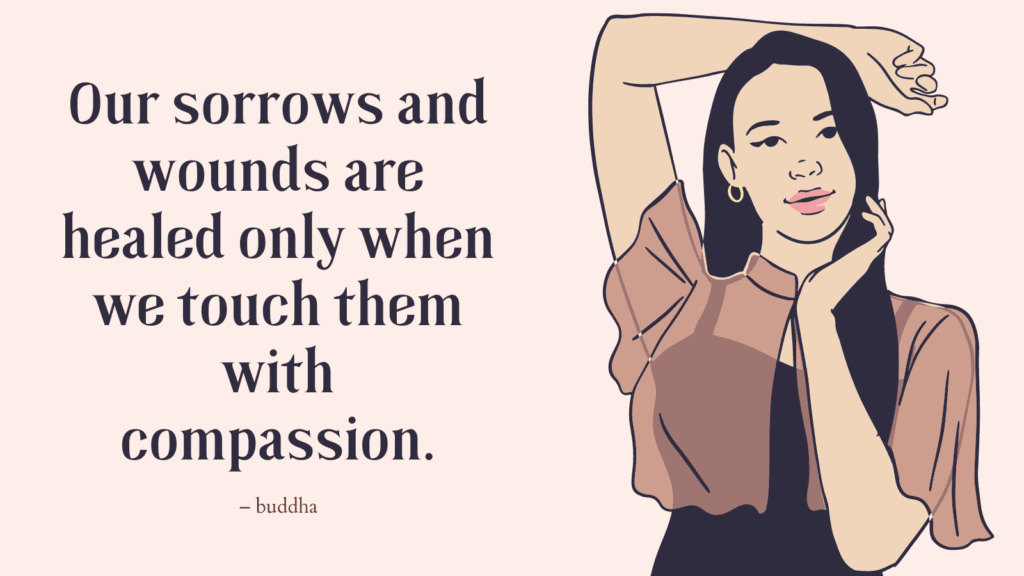When someone you care about is living with PTSD, finding the right gift can be a way to offer comfort without pressure. The most meaningful gifts aren’t flashy—they’re thoughtful, trauma-sensitive, and rooted in safety. They say, “You’re not alone. You’re seen. I’m here for you,” without needing many words. Here are 10 small but powerful gifts to support someone with PTSD.
Disclosure: Some of the links below are affiliate links. This means that, at zero cost to you, I will earn an affiliate commission if you click through the link and finalize a purchase.
10 Small but Powerful Gifts to Say “I’m Here for You”
1. A Grounding Stone or Worry Object
A smooth, palm-sized stone or tactile item they can hold during moments of distress. It provides a sensory anchor and helps them feel more present when flashbacks or anxiety hit.
2. Noise-Canceling Earbuds or Soft Earplugs
Crowded or loud environments can be overwhelming. These tools help reduce sensory overload and create a sense of control in triggering situations.
3. Weighted Eye Mask or Shoulder Wrap
Weighted accessories offer calming pressure that can soothe the nervous system. A soft, lavender-scented eye mask adds extra relaxation for sleep or quiet time.
4. Trauma-Informed Journal or Therapy Workbook
Look for one created with sensitivity to trauma, with gentle prompts, grounding questions, and space to reflect—without pushing too hard.
Related: What to Do When Someone with PTSD Pushes You Away?
5. Fidget Tools or Sensory Rings
Helpful during moments of tension, hypervigilance, or dissociation. Fidget items offer a physical outlet that calms the body and redirects anxious energy.
6. A Cozy, Oversized Blanket or Hoodie
Safety often starts with comfort. Something soft they can wrap around themselves can help create a sense of physical and emotional security.
7. A Personalized Comfort Kit
Include calming tea, scent-free lotion, cozy socks, a photo or note from you, and a grounding object. Keep it simple, comforting, and non-stimulating.
8. A “No-Pressure” Card With Reassuring Words
A handwritten note that doesn’t ask anything of them, just says:
“You don’t have to respond. Just know I care and I’m here if you need me.”
These words go a long way.
9. A Gentle, Scent-Free Candle or Diffuser
For many with PTSD, certain smells can be triggering. Choose an unscented or very mild candle to create a calm, low-stimulation environment.
10. Inspirational Message Mug
An inspirational message mug is a simple, thoughtful gift they can use every day at home. A supportive phrase during coffee or tea can offer a bit of strength and remind them you’re there without pressure. It’s practical, comforting, and shows care in a gentle way.

Related: 10 Tips On Healing From Trauma While In A Relationship
Other Ways to Support Someone With PTSD
1. Learn About PTSD—Without Making Assumptions
Educate yourself on the basics: triggers, flashbacks, hypervigilance, dissociation. But remember, trauma is deeply personal. Let them define their experience—every story is different.
2. Respect Their Boundaries (Even When You Don’t Understand Them)
PTSD can make certain places, topics, or situations feel unsafe. Don’t push them to open up, revisit trauma, or engage before they’re ready. Respect for their “no” builds trust.
3. Be Consistent and Reliable
Trauma often disrupts a person’s sense of safety and stability. Show up when you say you will. Follow through on promises. Even small consistencies help rebuild that lost sense of security.
4. Ask What Helps During Triggering Moments
Instead of guessing, ask:
“If you’re triggered, what’s the most helpful thing I can do?”
They might want space, grounding techniques, or a distraction. Honor their preferences.
Related: Complex PTSD And Nightmares: Top 9 Ways to Cope
5. Support Grounding Without Pushing Conversation
If they’re dissociating or panicking, gently help them ground without forcing them to talk. Try:
- “Can you tell me five things you see right now?”
- “Can I sit with you while you breathe?”
Keep your tone calm and nonintrusive.
6. Avoid Sudden Touch or Loud Sounds
Even well-intended hugs or noises can trigger someone with PTSD. Always ask before initiating touch, and try to reduce startling stimuli in shared spaces.
7. Encourage Professional Support—Gently
If they aren’t in therapy, express your support for them finding help when they’re ready. You might offer to help with logistics—but avoid pushing, diagnosing, or acting like their therapist.
8. Stay Calm During Flashbacks or Emotional Waves
Don’t try to snap them out of it. Stay grounded yourself. Speak gently, use short, supportive phrases, and offer presence more than advice.
Related: Why Is Trauma Therapy So Hard? (+Best Trauma Healing Exercises To Support Your Recovery)
9. Celebrate Emotional Wins and Progress
If they opened up, used a coping tool, or simply made it through a hard day—acknowledge it. Healing is exhausting. Small progress deserves quiet celebration.
10. Support Without Taking Over
You’re there to walk beside them, not lead the healing. Avoid controlling decisions, over-helping, or centering yourself in their process. Trust their ability to heal in their own time.
Related: 7 Trauma Release Exercises To Support Your Recovery After Trauma

Conclusion
Supporting someone with PTSD doesn’t require grand gestures—just quiet, consistent care. The best gifts gently hold space without asking too much. When trauma has taught someone they’re unsafe, unseen, or alone, your thoughtful presence—and the right small gift—can begin to rewrite that story.



